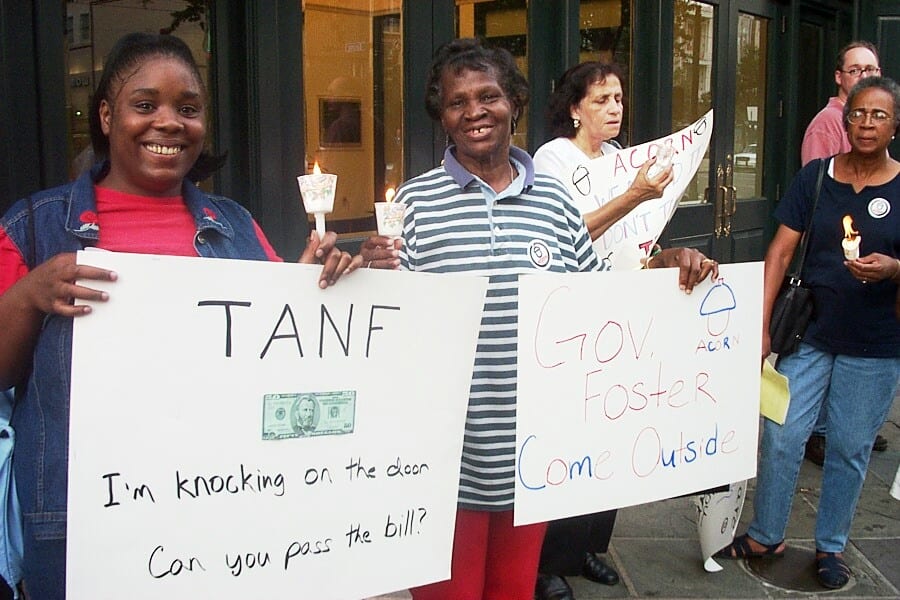
Financial Literacy Provides a Way Out for Abuse Survivors
by Loryn Wilson | September 19, 2014 1:27 pm
Trigger Warning: This piece includes references to domestic violence and other forms of abuse.
One in four women will experience domestic abuse in her lifetime. Abuse comes in many forms, but one more subtle but still damaging form that many women face is financial abuse. Financial abuse occurs when an abuser forcibly controls another person’s money through tactics like stealing money from them, preventing them from holding a job, or hiding the victim’s financial assets. Financial abuse is one reason why many survivors stay with their abusive partner: it can often make it harder for them to find economic stability on their own if they were to leave. Actress Kerry Washington also just did a PSA about financial abuse and what people can do to end it. This insidious form of abuse, according to Kim Gandy, president of the National Network to End Domestic Violence, “is every bit as effective as a lock and key in trapping a woman in a relationship.”
But there is one thing that can play a role in a survivor’s ability to leave and to stay safe from further abuse—access to financial literacy resources and classes. A recent report by the Rutgers University School of Social work found that 94% of women who received financial training with traditional domestic abuse services learned how to identify signs of economic abuse.
Abuse survivors too often find themselves not only stuck in a cycle of abuse, but also a cycle of poverty. Financial literacy and the opportunity to make and save their own money can help women stay safe. Without this knowledge, it is easier for women to stay in poverty as a result of ruined credit scores and sporadic employment in the event that their abusive partner is keeping them from finding and securing work.
Financial abuse can impact whether a survivor is able to work as well — victims of intimate partner violence lose a total of 8 million days of paid work each year. Additionally, between 21-60% of victims of intimate partner violence lose their jobs due to reasons stemming from the abuse. A spotty employment history can also keep women from receiving social security when they need it later on in life. Thus, domestic abuse can make it even harder for a woman to escape living in poverty even long after she leaves her abuser.
Fighting poverty also means fighting to help survivors of domestic and financial abuse stay safe and build wealth. Social policies such as SNAP and WIC lessen a woman’s dependency on her partner and gives them a roadmap towards creating a safe environment for themselves and their families. Welfare programs help women who are survivors of domestic violence receive help with providing food and other things for themselves and their family while also giving them assistance with finding work so they can support themselves. Decreasing poverty means making sure that women also have enough to thrive because when women prosper, everyone prospers.
At CCC, we also believe that family should be at the forefront of decreasing poverty; many survivors of abuse have to not only think about how to provide for themselves but also their families. The financial turmoil that abuse survivors face is similar to what people living in poverty face. Regardless of how people become trapped in the cycle of poverty, there must be policies in place that can help them. Economic issues effect men who are abusers as well; women whose male partners experienced two or more periods of unemployment over a 5-year study were almost three times as likely to be victims of intimate violence as were women whose partners were in stable jobs. According a study by the National Women’s Law Center, women are 76 percent of workers in the 10 largest low-wage jobs and suffer a 10 percent wage gap. We must advocate for higher wages so that women who are experiencing financial abuse can make more money to support themselves and to stay safe from further violence. All Americans living in poverty deserve the chance to provide a better life for themselves and their families.
If you or someone you know is dealing with domestic violence or intimate partner violence, please consider the resources below:
